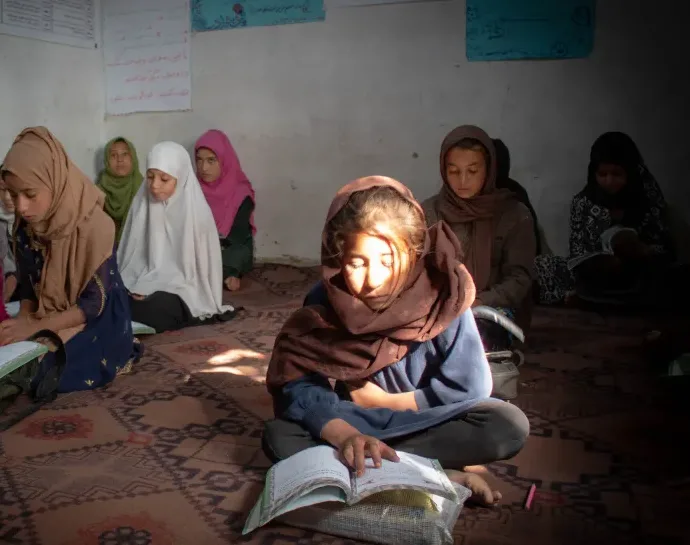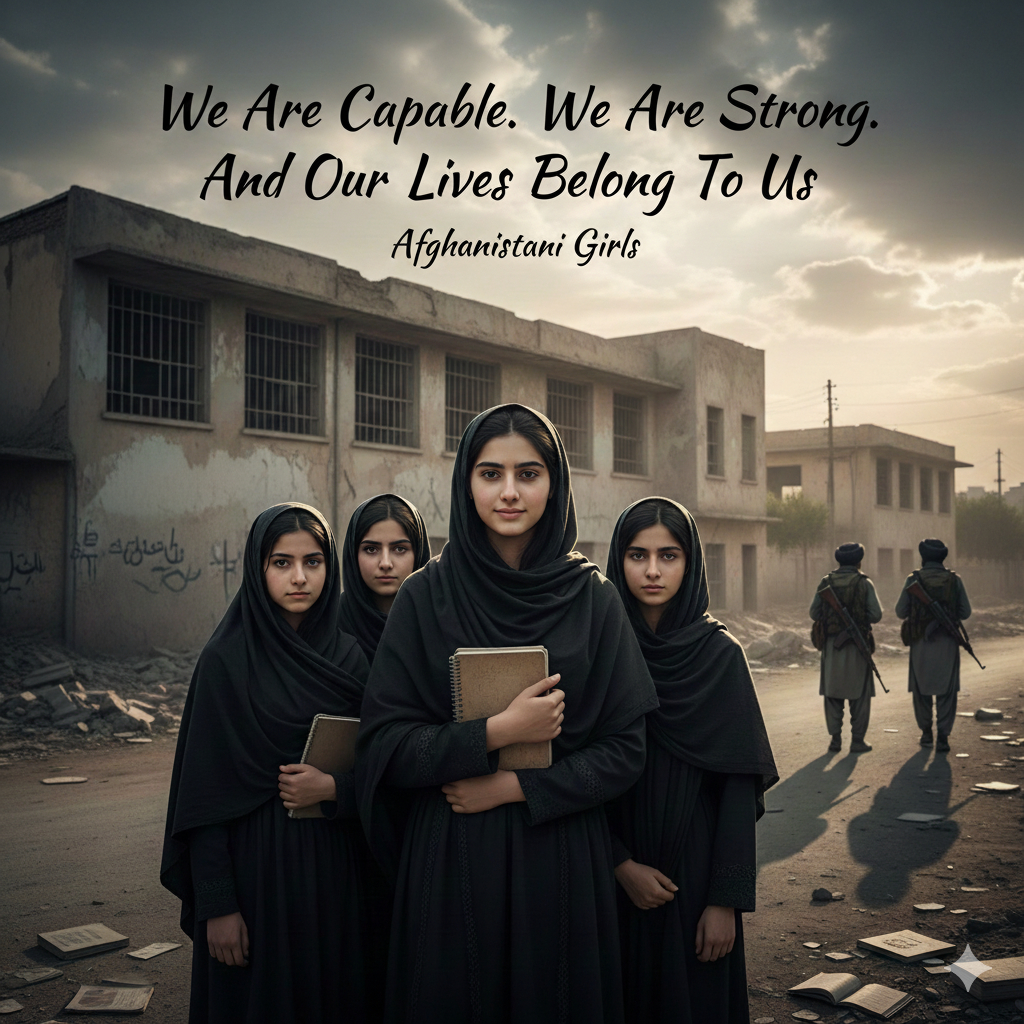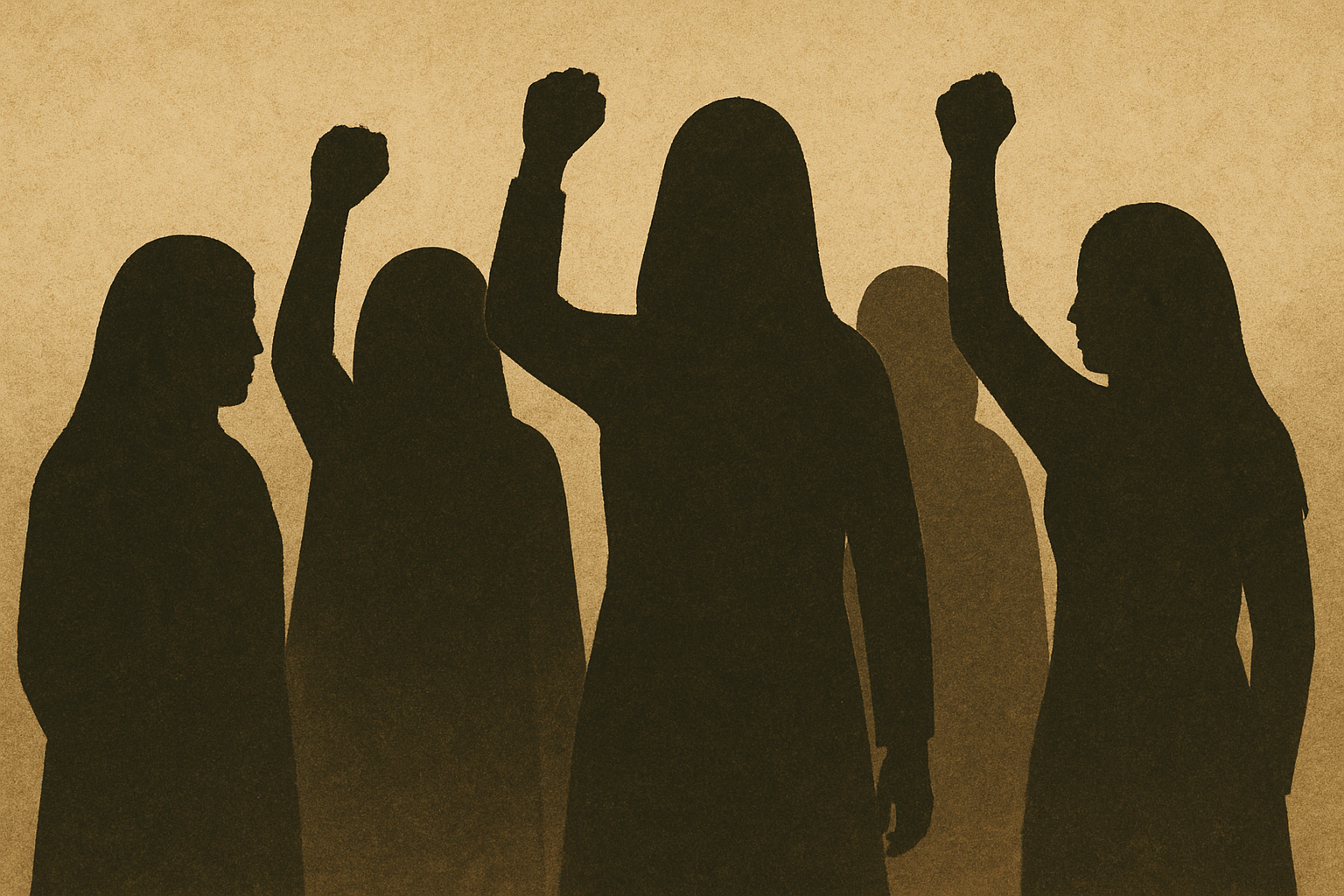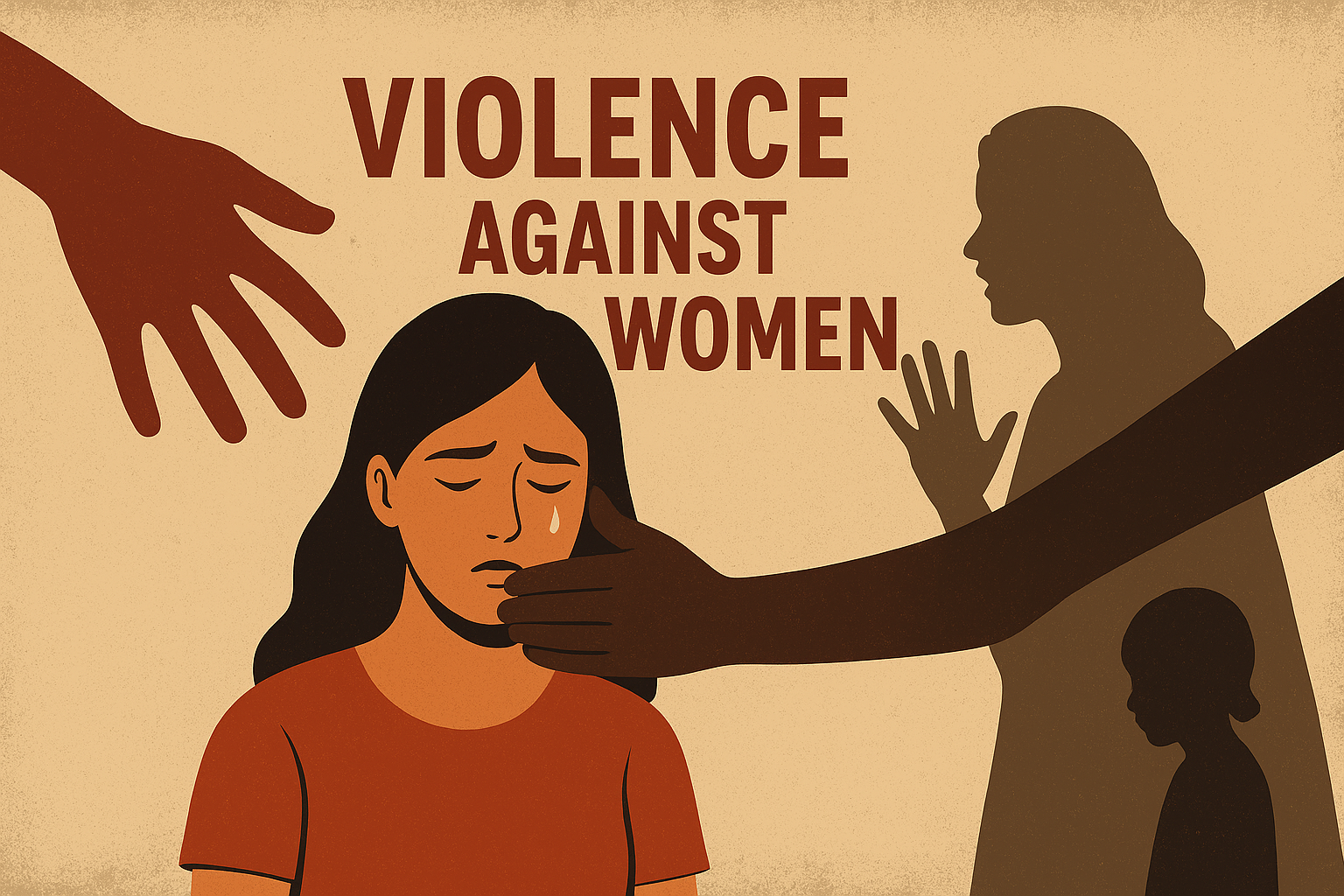Peace is a dynamic and inclusive state that leads to the flourishing of individuals and societies. Achieving it requires collective effort, empathy, and a shared vision for a harmonious and peaceful world. Peace is the foundation of progress in human societies. In times of peace, resources can be used for education, healthcare, and infrastructure instead of military spending. This leads to economic growth, social stability, and the protection of human rights. Peace is a universal value that transcends borders, cultures, and religions. It is the foundation for personal well-being, societal development, and global stability.
What is peace?
Peace is often defined as a condition where there is no war, violence, or conflict. However, true peace goes beyond the mere absence of aggression. It involves the presence of justice, equality, and mutual respect among individuals and communities. It also includes a sense of security and the freedom to live without fear. Peace is not just the absence of war between nations but also the internal tranquility of the individual, characterized by emotional and psychological balance.
Types of peace:
- Personal peace:
Inner peace refers to a state of mental and emotional calm, where an individual is free from internal conflict, anxiety, and stress. It involves finding balance and tranquility within oneself, regardless of external circumstances. Inner peace is often associated with emotional resilience, self acceptance, and mindfulness.
- Social peace:
Social peace focuses on the harmony and understanding that exists within communities and societies. It includes the absence of social unrest, inequality, and discrimination. Social peace promotes a sense of fairness, justice, and unity among diverse groups of people. In a society with social peace, individuals can interact and coexist harmoniously, despite their differences.
- Global peace:
Global peace refers to the overall peaceful coexistence between nations and states, free from armed conflict, war, and aggression. Global peace promotes cooperation, diplomacy, and international solidarity. It involves resolving conflicts through negotiation and dialogue rather than violence and force. Global peace aims to create a stable and secure environment where all nations can thrive without the threat of war.
The importance of peace cannot be overstated, as it is essential for human survival and progress. First and foremost, peace provides the foundation for economic stability and development. In a peaceful society, resources are allocated efficiently, in their futures without the constant threat of violence. In contrast, areas ravaged by conflict experience economic hardship, displacement, and poverty, which stifle growth and hinder progress.
Peace is not just the absence of war but the presence of justice, understanding, and cooperation. It is essential for economic prosperity, social harmony, and personal fulfillment. Achieving peace requires collective effort, open communication, fairness, and respect for human rights. When individuals and societies strive for peace, they contribute to a better world for all, especially a better world for Afghanistan.
– Kamila
Letter received from our students participating in our Mentorship program. Name and text altered for protection of our students and for grammatical changes.





